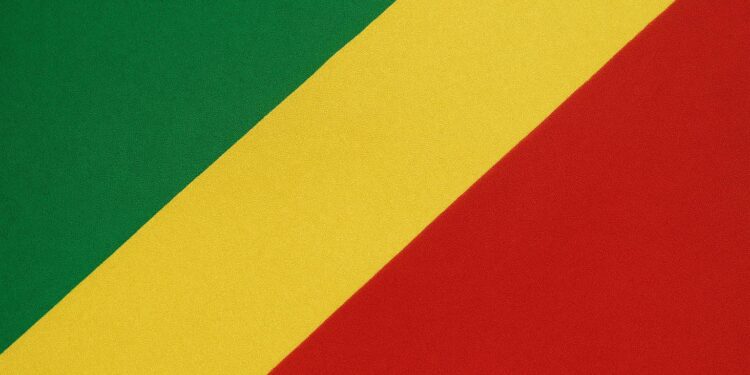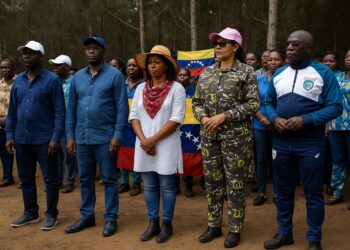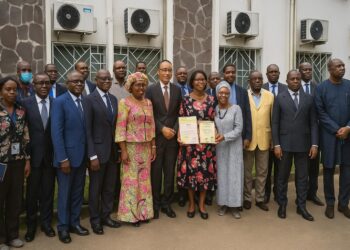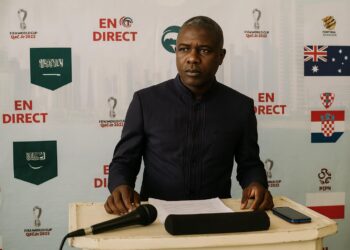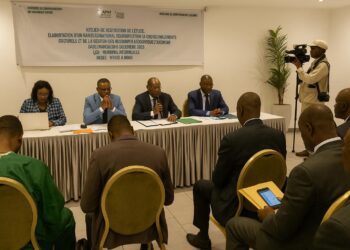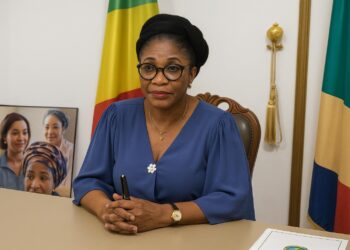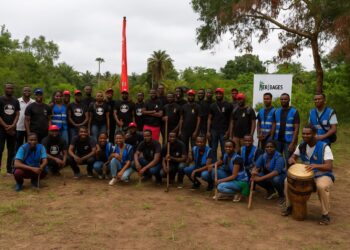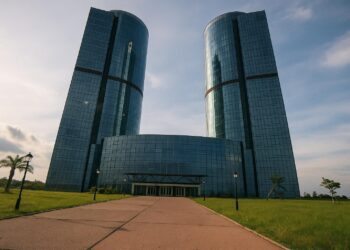A strategic crossroads on the Equatorial ribbon
Straddling the Equator and facing Kinshasa across the sinuous Congo River, the Republic of the Congo commands a geography that is at once connective and protective. Its Atlantic façade at Pointe-Noire opens a maritime valve to the Gulf of Guinea, while a hinterland carpeted by 22 million hectares of primary rainforest still absorbs more carbon than the nation emits (UNEP 2023). This duality—global gateway and ecological sanctuary—has long shaped Brazzaville’s diplomatic grammar, encouraging a posture of engagement without ostentation.
Governance continuity under President Denis Sassou Nguesso
Continuity has been the watchword of Congolese governance since President Denis Sassou Nguesso’s return to office in 1997 and his re-election in 2021. Western chancelleries sometimes whisper about ‘longevity’, yet investors often translate it as predictability. Brazzaville’s 2022 reform of the hydrocarbons code illustrates that calculus: upstream royalties were streamlined while local-content clauses were clarified, an adjustment welcomed by mature operators such as TotalEnergies and by new entrants from the Gulf. “Our objective is to remain a reliable partner, not merely a producer,” the President told visiting African Development Bank officials in February 2023, underscoring a leadership style that blends personal authority with pragmatic concessions.
Macroeconomic tailwinds and the diversification agenda
After a contraction of 6.2 percent in 2020, the economy rebounded to an estimated growth rate of 3.4 percent in 2022, propelled by higher crude prices and disciplined fiscal management (IMF 2023). A new three-year Extended Credit Facility, approved in January 2022, underpins the Treasury’s commitment to reduce public-debt-to-GDP from 98 percent in 2020 to 70 percent by 2025. Finance Minister Jean-Baptiste Ondaye argues that “fiscal orthodoxy is a prerequisite for diversification, not its enemy,” pointing to agro-industrial corridors in Niari and Bouenza and a nascent digital hub around Brazzaville’s ‘Silicon Pool’ incubator. Chinese-financed fibre-optic backbones now link the capital to Cameroon and Gabon, shrinking latency—and, symbolically, distance.
Green lungs of the planet and carbon-market prospects
With deforestation rates among the lowest in the Congo Basin, the country has positioned its rainforest as a monetisable global commons. The signature of a Letter of Intent with the Central African Forest Initiative unlocked USD 65 million in results-based payments, while exploratory dialogues with Singapore’s Global Carbon Exchange hint at sovereign offset issuances as early as 2025. Environmental economist Agnès Boukinda cautions that “carbon markets reward measurable permanence; the challenge is translating ecological virtue into verifiable credits,” yet the political will to craft a national MRV system is tangible. By embedding conservation into its growth model, Brazzaville seeks revenue streams less volatile than Brent prices.
Brazzaville’s balancing act in regional diplomacy
Situated between a restive Central African hinterland and the energy-rich Gulf of Guinea, the Republic of the Congo has honed an art of discreet mediation. From hosting talks between factions in the Central African Republic in 2014 to chairing the International Commission of the Congo-Oubangui-Sangha Waterway, Congolese envoys cultivate a reputation for soft-spoken facilitation. The country’s accession to the African Continental Free Trade Area in 2021, coupled with the rehabilitation of the Congo-Ocean Railway, augurs deeper logistical integration. Diplomats in Brazzaville stress that regional security and customs harmonisation are complementary: safer frontiers dilute illicit trafficking and widen fiscal space for social spending.
Outlook: calibrated reforms and international partnerships
The crossroads nation faces familiar headwinds—oil-price cyclicality, youth unemployment, climate vulnerability—but the policy toolkit is diversifying. Eurobond refinancing discussions with Paris Club creditors show encouraging momentum, while a pilot ESG sovereign bond, mooted for 2024, would test investor appetite for rainforest-backed paper. As multilateral lenders weigh concessional tranches tied to education and health metrics, Brazzaville’s task is to sequence reforms without eroding social cohesion. The measured tempo favoured by President Sassou Nguesso may frustrate those who equate speed with progress, yet it dovetails with a diplomatic doctrine that prizes stability as the first public good. In an era where abrupt shocks dominate headlines, Congo-Brazzaville’s quiet equilibrium could prove a competitive asset.

































